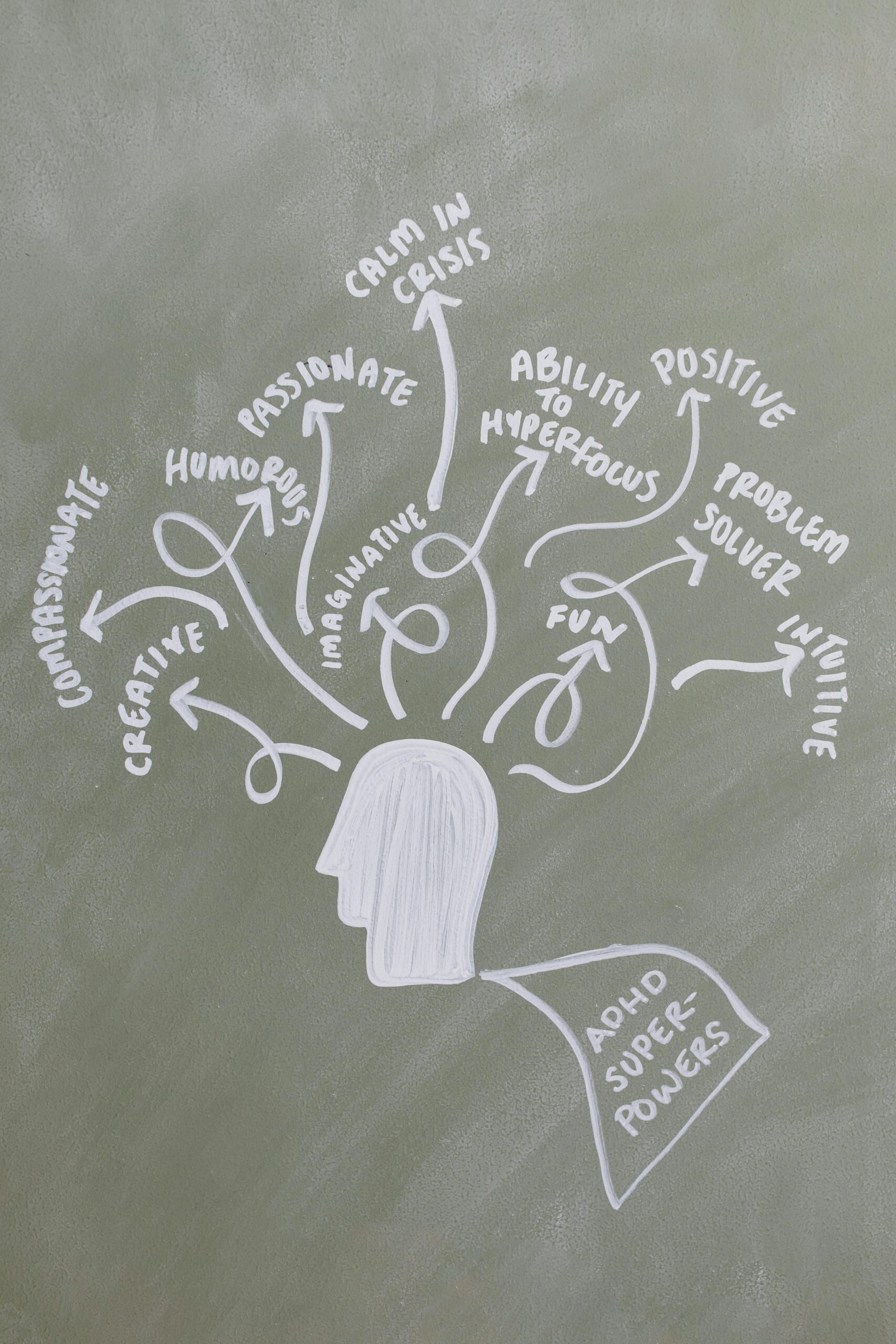I was never a water person—drinking water used to make me feel weak. I avoided it because even the thought of drinking water gave me anxiety. But something happened to me in 2018 that I’ll never forget.
It all started with a minor pain in my leg. At first, it was just on the left side, then it began to shift to my right leg. I thought it was nothing serious and would go away in a day. But the pain persisted.
The next thing I knew, I was in the hospital. My doctor kept bringing me water, and my mom asked why I needed so much. He told her I was severely dehydrated. They were struggling to even scan my body because of it.
That experience changed my entire routine. You wouldn’t believe the way I drink water now—it’s kind of funny—but my lifestyle has completely transformed. That moment marked the beginning of my weight loss journey.
Now, I feel almost obligated to share some benefits of staying hydrated with you.
Let’s Talk
Hydration, or maintaining sufficient water intake, has roots in ancient civilizations. Water wasn’t just about quenching thirst, but held a central place in cultural and religious rituals. Many societies believed it had life-giving properties, and rightly so, since they understood the basic necessity of water long before modern science could explain it.
Ancient athletes had a keen sense of the role of physical performance. The Greeks and Romans, known for their love of sports and athletics, encouraged drinking water to maintain energy and stamina. This wasn’t merely folklore; even today, we acknowledge how vital good hydration is for athletic prowess.
Water has always held cultural significance. In ancient Rome, aqueducts signified power and ingenuity, underscoring the significance of a pure water supply. For Egyptians, the Nile was more than just a river; it was life itself, supporting agriculture and providing essential resources. Around the world, water has shaped civilizations, economies, and everyday life.
With a growing understanding of the body’s needs, early healthcare systems began emphasizing the importance of water. Though their methods were rudimentary, early physicians realized the connections between dehydration and various ailments, paving the way for more advanced studies.
Today, hydration science has evolved substantially, with countless studies underscoring its importance. The past lessons combined with modern technology have only deepened our appreciation of water’s vital role in our lives. Understanding this evolution helps us see how pivotal hydration has always been and why it remains crucial to our health and fitness.
Why Hydration Is Crucial for Your Body
Keeping your body well-hydrated is like providing fuel to a car — without it, things just don’t run smoothly. At the most basic level, water is essential for human physiology, making up about 60% of our body weight and participating in almost all bodily functions.
Every cell in our body needs water to operate effectively. It aids in transporting nutrients to cells and removing waste from the body, essentially acting as the body’s delivery and cleaning system. It’s a vital process that keeps our systems harmoniously balanced and functioning.
Water plays a significant role in regulating our body temperature. When you’re hot, your body sweats to cool down, and that sweat is mostly water. Without enough hydration, our natural ability to keep our body’s core temperature in check is compromised, making us more susceptible to heat-related illnesses.
Mental well-being also ties closely with hydration. Even mild dehydration can affect mood, concentration, and cognitive functioning. Staying hydrated helps in maintaining brain function, keeping you sharp and attentive, no matter what the task at hand.
Dehydration isn’t just about feeling thirsty. Its impacts stretch across your overall health and wellness, from minor headaches and fatigue to more serious long-term health issues. To maintain good health, making sure you’re properly hydrated is as vital as keeping up with nutrition and exercise. Ensuring an adequate intake of water each day is a simple yet powerful step toward overall well-being.
The Critical Benefits of Drinking Enough Water
Water is crucial in transporting nutrients throughout the body. It dissolves vitamins and minerals, making them accessible for absorption. This transportation system helps fuel our cells and maintain bodily functions efficiently.
Proper kidney function relies heavily on adequate hydration. Kidneys filter blood, removing waste and excess substances, a process that depends on water to flush out toxins through urine. Without enough water, our kidneys can’t perform optimally, increasing the risk of kidney stones and other issues.
Drinking enough water plays a significant role in managing weight. Water can help boost metabolism by temporarily increasing the body’s resting energy expenditure. Additionally, drinking water before meals can promote feelings of fullness, reducing overall calorie intake.
Joint health gets a boost from staying well-hydrated. Water helps to lubricate the joints, which can alleviate discomfort and improve mobility. This is especially important for those with active lifestyles or conditions that affect joint health.

Your skin reaps the benefits of good hydration, too. Being well-hydrated can enhance skin elasticity, giving it a healthy, youthful appearance. Proper hydration helps keep skin moisturized and can aid in preventing dryness and irritation.
Recognizing Symptoms of Dehydration and Addressing Them
Dehydration can creep up quietly, its symptoms often mistaken for other ailments. Mild dehydration can lead to headaches, dizziness, and fatigue, while more severe cases might result in confusion, rapid heartbeat, or fainting.
We all have different chances of becoming dehydrated. Athletes, people living in hot climates, or those juggling strenuous activities without enough fluid intake are more at risk. Children and the elderly are also particularly vulnerable, making it essential to be mindful of their fluid intake.
Chronic dehydration can take a toll on vital organs, leading to problems such as urinary tract infections or kidney stones. It’s not just a short-term issue; overlooking sufficient hydration can have long-lasting repercussions.
One way to keep track of your hydration is by monitoring urine color. Clear or light yellow urine usually indicates good hydration, while darker urine signals the need for more fluids. Paying attention to thirst is another basic, yet reliable indicator, even though it’s not perfect.
Being proactive in hydration is wise. Drinking small amounts consistently, rather than large quantities infrequently, ensures better absorption. Including water-rich foods like fruits and vegetables in your daily diet is a simple and effective strategy. Keeping a water bottle by your side serves as a gentle reminder to sip throughout the day.
Identifying the Best Drinks and Daily Water Needs
Choosing the right hydration drink isn’t just about taste; it’s about maximizing benefits, too. Pure water is often the best choice for everyday hydration, but other options can be valuable, especially during intense activities.
Electrolyte solutions and sports drinks are good for replenishing lost salts and minerals after a hard workout. These drinks can help maintain electrolyte balance, especially when you’re sweating heavily or exercising for extended periods.
Setting personalized water intake goals is important. While the adage suggests eight cups a day, the exact amount varies. Factors like age, activity level, climate, and overall health play significant roles in determining your specific needs.
Diet can affect your hydration needs, too. High-protein or other specific diets might increase water requirements. Likewise, in hot, humid climates or during the summer months, you may need additional fluids to stay well-hydrated.
Incorporating more water into daily routines doesn’t need to be difficult. Carrying a refillable water bottle, eating water-rich foods, and setting reminders to take regular sips can make a big difference. Sometimes, just being mindful and listening to your body’s cues can guide you toward better hydration habits.
”So if you’re like me, who struggles with drinking water, just remember hydration isn’t just a health trend, it’s a lifesaver.”












Hello Jennifer!
Thank you for this insightful article on the importance of hydration. It’s a timely reminder that staying adequately hydrated is crucial for overall health.
I was particularly struck by the point that even mild dehydration can impair cognitive functions like memory and focus. It’s fascinating how something as simple as drinking enough water can have such a profound impact on our mental clarity and daily performance. Your mention of hydrating foods like fruits and vegetables is also noteworthy. Incorporating water-rich foods into our diet is an excellent strategy to maintain hydration, especially for those who struggle to drink enough water throughout the day.
I’m curious, do you have any tips or strategies for individuals who find it challenging to meet their daily water intake? For instance, are there particular habits or tools that can help remind us to drink water regularly?
Thank you again for shedding light on this essential aspect of health. Your article serves as a valuable resource for anyone looking to improve their well-being through better hydration practices.
Angela M 🙂
Hello Angela,
What helps me drink more water is using a 1-liter water bottle. I also avoid drinking cold water because if it’s cold, I won’t drink much of it. I always keep my water warm instead. So really, it depends on what works best for you and what your body can handle.
Thank you